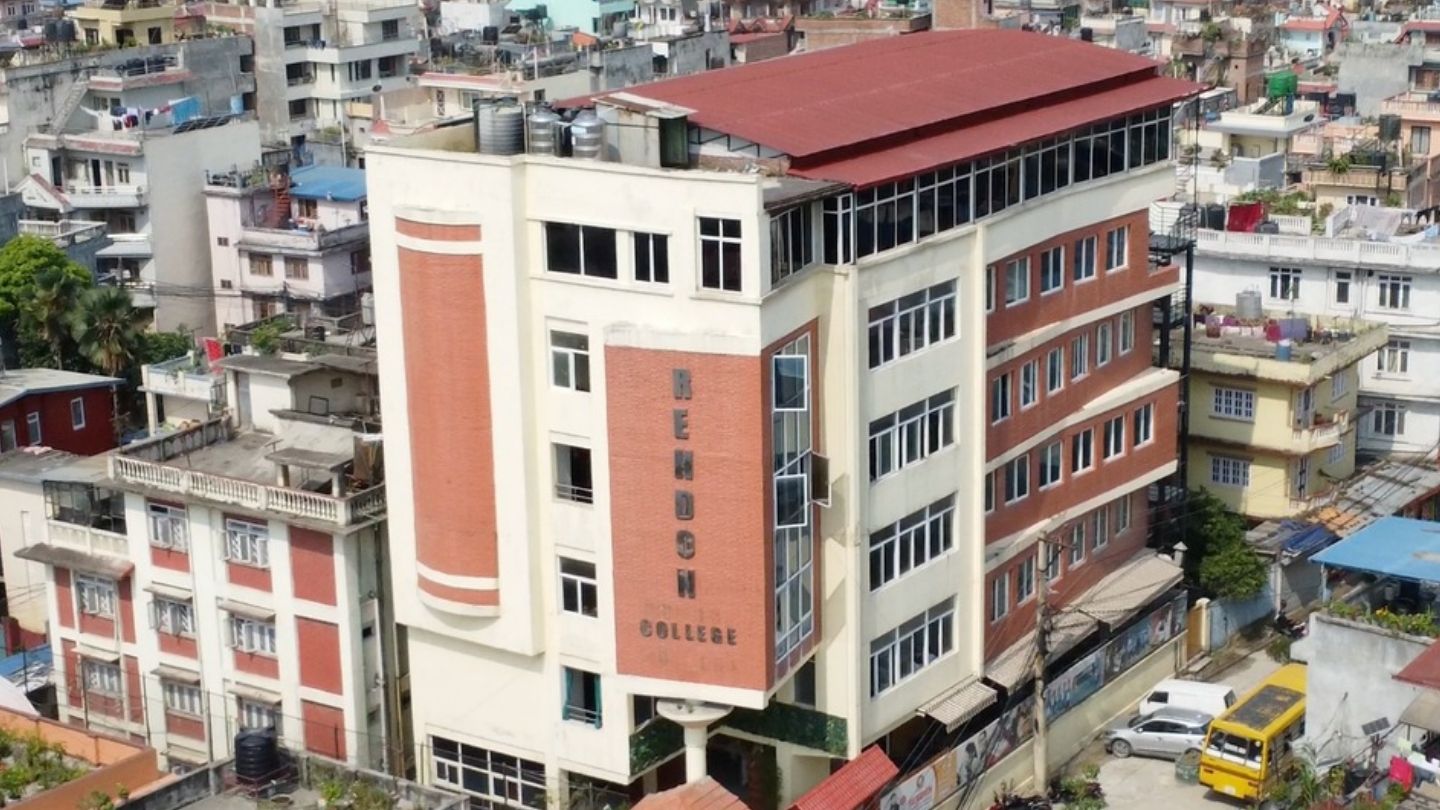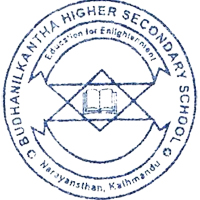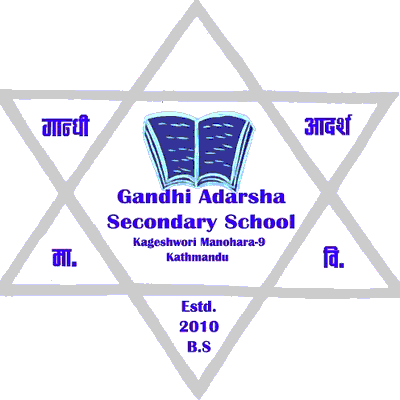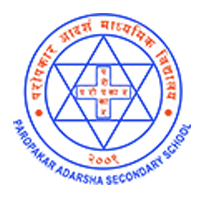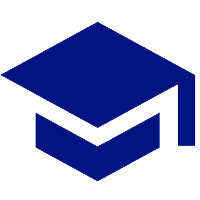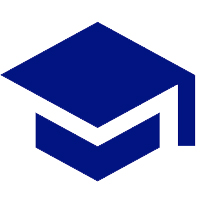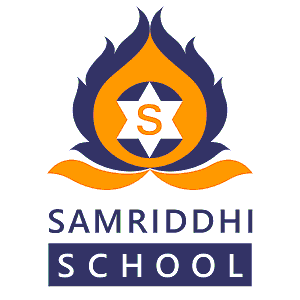Overview
Rehdon Secondary School in Samakhushi, Kathmandu, is a private institution affiliated with the National Examinations Board (NEB) and approved by the Ministry of Education. The school provides education from Playgroup to Grade 12, including Plus Two programs in Management, Humanities, and Science.
The campus operates under the Rehdon Education Foundation, alongside Rehdon College (Tribhuvan University–affiliated BBS) in the same building.
Introduction
Rehdon started in 2000 A.D. and has grown into a full secondary school that serves early years, basic level, lower secondary, and higher secondary learners. Daily routines focus on regular classes, practice work, and timely feedback.
The school community brings together students, teachers, and families who value steady effort and respectful conduct. Parent–teacher interaction is a standard part of the calendar, helping guardians follow attendance, homework, and test preparation across all grades.
Quick Highlights
-
Location: Samakhushi, Kathmandu, Nepal
-
Establishment: 2000 A.D.
-
Affiliation: National Examinations Board (NEB)
-
Approval: Ministry of Education
-
Grades Offered: Playgroup to Grade 12
-
Streams (Grade 11–12): Management, Humanities, Science
-
Sister Organization: Rehdon College (TU-affiliated BBS) in the same building
-
Staff Strength: 150+ teaching and non-teaching staff
-
Key Facilities: Spacious classrooms, science laboratories, computer lab, e-library, AV rooms, cafeteria, hostel, transport service, playgrounds, administrative offices, and an elevator for access
Governance and Affiliation
-
Type: Private educational institution under the Rehdon Education Foundation
-
Regulatory Alignment: Academic plans and examinations follow NEB rules for Grades 11–12 and national standards for school education up to Grade 10
-
Academic Processes: Attendance tracking, internal assessments, terminal exams, and result documentation are maintained for transparency
Academic Structure (Playgroup to Grade 10)
Early years focus on language growth, number sense, and classroom routines through short activities and guided play. Primary and lower secondary grades add structured reading, composition, arithmetic, general science, and social studies. ICT exposure begins with typing, basic applications, and safe use of devices.
-
Early Years (PG–Grade 2): Phonics, storytelling, number patterns, fine motor skills, and classroom habits
-
Primary (Grades 3–5): Reading fluency, arithmetic operations, simple experiments, map reading, and project tasks
-
Lower Secondary (Grades 6–8): Grammar and composition, pre-algebra, general science, ICT basics, and local studies
-
Secondary (Grades 9–10): SEE-oriented study with past-paper drills, practical notebooks where required, and revision schedules
Plus Two (+2) Programs (NEB)
Ten Plus Two (+2) Science
Students take subject sets that commonly include Physics, Chemistry, and either Biology or Computer Science, along with English and Nepali. Regular practical work trains students to handle apparatus safely, record data, and explain results. The stream supports plans for medicine, engineering, computing, pharmacy, nursing, agriculture, forestry, and the natural sciences.
Ten Plus Two (+2) Management
Students study Accountancy, Economics, and Business Studies, with Mathematics or Social Studies & Life Skills Education. Optional subjects may include Computer Science, Business Mathematics, Hotel Management, or Travel and Mountaineering Studies. The stream provides a base for BBS/BBA and early roles in banking support, accounting support, sales, hospitality, and office administration.
Ten Plus Two (+2) Humanities
Students strengthen reading, writing, and social inquiry in Nepali and English, with options such as Sociology, Rural Development, Optional English, and Mathematics/Social Studies. The stream prepares learners for BA, BSW, media and communication studies, psychology, public administration, and related areas.
Teaching and Assessment
-
Classroom Practice: Board explanations, guided examples, pair and group tasks, and short presentations
-
Practical Work: Science labs, computer applications, and course-based projects
-
Assessment Cycle: Class tests, terminal exams, model exams, and NEB finals for Grade 12
-
Feedback and Support: Marked copies with comments, remedial lessons for gaps, and structured revision near exam windows
-
Parent Engagement: Scheduled meetings to review attendance, homework routines, and progress
Learning Facilities
-
Classrooms: Bright rooms with seating plans for both group work and formal tests
-
Science Laboratories: Physics, Chemistry, and Biology labs for experiments and viva practice
-
Computer Lab: Networked systems for word processing, spreadsheets, presentations, and basic coding where the syllabus requires it
-
Library and e-Library: Textbooks, reference titles, journals, reading room, and gradual expansion of digital resources
-
AV Rooms (Multimedia): Audio-visual support for demonstrations, documentaries, and presentations
-
Hotel Management Lab: Training area for food production and service drills at the school level
-
Playgrounds and Sports Areas: Spaces for football/futsal, basketball, table tennis, badminton, and morning drills
-
Cafeteria: Simple meals and snacks with attention to hygiene and affordability
-
Hostel: Limited boarding with supervised study hours, dining, and basic health support
-
Transportation: Bus routes announced each intake for daily commuters
-
Accessibility: Elevator within the academic building to support student and staff movement
Student Support and Well-Being
-
Counseling: Academic and personal counseling, confidential sessions for students, and consultation slots for parents
-
Health Desk: A nurse on campus with periodic doctor visits, first-aid kits in key blocks, and health talks during the year
-
Safety and Discipline: Attendance checks, visitor logging, lab safety orientation, emergency drills, and supervision during events
-
Learning Support: Tutorials near terminals, small-group sessions for concept gaps, and homework tracking through class teachers
Co-Curricular and Extracurricular Activities (CCA/ECA)
-
Sports: Football/futsal, basketball, badminton, table tennis, chess, and martial arts
-
Arts and Culture: Music, dance, drama, fine arts displays, and compering opportunities at school programs
-
Clubs and Events: Science fair, quiz, debate, poetry, and community outreach
-
Tours and Field Visits: Course-linked visits to local sites, industries, and community offices
-
Student Leadership: Class representatives, event committees, and volunteer roles during functions
Teaching Team and Academic Management
-
Faculty Strength: 150+ teaching and non-teaching staff working across school and higher secondary levels
-
Planning and Review: Unit plans, academic calendars, and exam schedules released term-wise
-
Professional Sharing: Internal sessions on lesson planning, assessment moderation, and classroom management
-
Documentation: Lesson logs, practical records, attendance sheets, and guardian communication maintained for review
Admission and Placement
-
Intake: Announced annually with age criteria for early years and document rules for upper grades
-
Documents: Application form, recent photographs, mark sheets/character certificate, transfer/migration (as applicable), copy of citizenship or birth certificate (as applicable)
-
Screening: Interaction or entrance tests where required for Grade 11 streams and for section placement in high-demand classes
-
Section Allocation: Based on merit, subject choice, and seat availability within timetable limits
-
Progression: Route from Grade 10 (SEE) to NEB Grade 11–12 in Science, Management, or Humanities
Scholarships and Fee Policy
-
Scholarships: Merit and category-based support such as District Topper, School Topper, GPA brackets, Entrance Topper, and National Players (as per annual notice)
-
Verification: Applicants submit mark sheets, rank letters, and other proofs within the scholarship window
-
Fee Structure: The school follows a moderate fee policy for day scholars and boarders; details appear in the yearly circular with payment schedules and refund rules
-
Availability: Scholarship seats are limited and reviewed each cycle; decisions follow published criteria
Salient Features
-
Hostel: Supervised accommodation with study support and cafeteria dining
-
Cafeteria: Hygienic food service during school hours
-
Library: Reading room, access to references, and book bank support for deserving learners
-
Sports: Grounds and courts for regular practice and inter-house events
-
Science Lab: Practical sessions in Physics, Chemistry, and Biology
-
Computer Lab: ICT tasks, typing practice, presentations, and basic coding
-
Transportation: Bus routes on major corridors
-
Conference/AV: Halls for orientations, seminars, and multimedia sessions
-
Music & Dance: Practice rooms and event slots during school programs
-
Scholarship: Merit and category provisions listed in the annual notice
-
Parking: Managed staff parking and student drop-off areas
-
Tour & ECA: Educational visits, fairs, exhibitions, and community work
Pathway to Higher Study (Rehdon College)
-
Sister Organization: Rehdon College under the Rehdon Education Foundation
-
Undergraduate Option: Tribhuvan University–affiliated BBS
-
Benefit for Families: A single-campus ecosystem helps students continue from Grade 12 to a bachelor’s program without changing locality
Code of Conduct and Community Norms
-
Attendance and Punctuality: Daily records are maintained and reviewed with guardians when needed
-
Academic Honesty: Clear rules for homework, lab work, and tests; unfair practices are not accepted
-
Respect and Inclusion: Courteous language, safe participation in group tasks, and support for peers
-
Digital Etiquette: Responsible use of computers and adherence to lab rules
-
Parent Partnership: Notices, SMS/email updates, and scheduled meetings keep families informed
Why This School Fits Many Learners
Students who prefer a predictable routine, steady assessment, and hands-on practice find structure here. Parents who want clear notices and regular feedback can rely on scheduled meetings and progress reports. The location in Samakhushi makes daily travel manageable for many families in the city.
Conclusion
Rehdon Secondary School offers a complete pathway from Playgroup to Plus Two in Management, Humanities, and Science. Facilities such as laboratories, the computer lab, the e-library, AV spaces, and playgrounds support daily learning. A large teaching team, consistent assessment, and counseling help students prepare for board exams and plan the next stage.
Contact Address
Location: Samakhusi, Kathmandu, Nepal, P.O.Box: 9960
Phone No: +977-1-4952761, +977-1-4964106
Email: rehdonscul@gmail.com
Website: rehdon.edu.np


